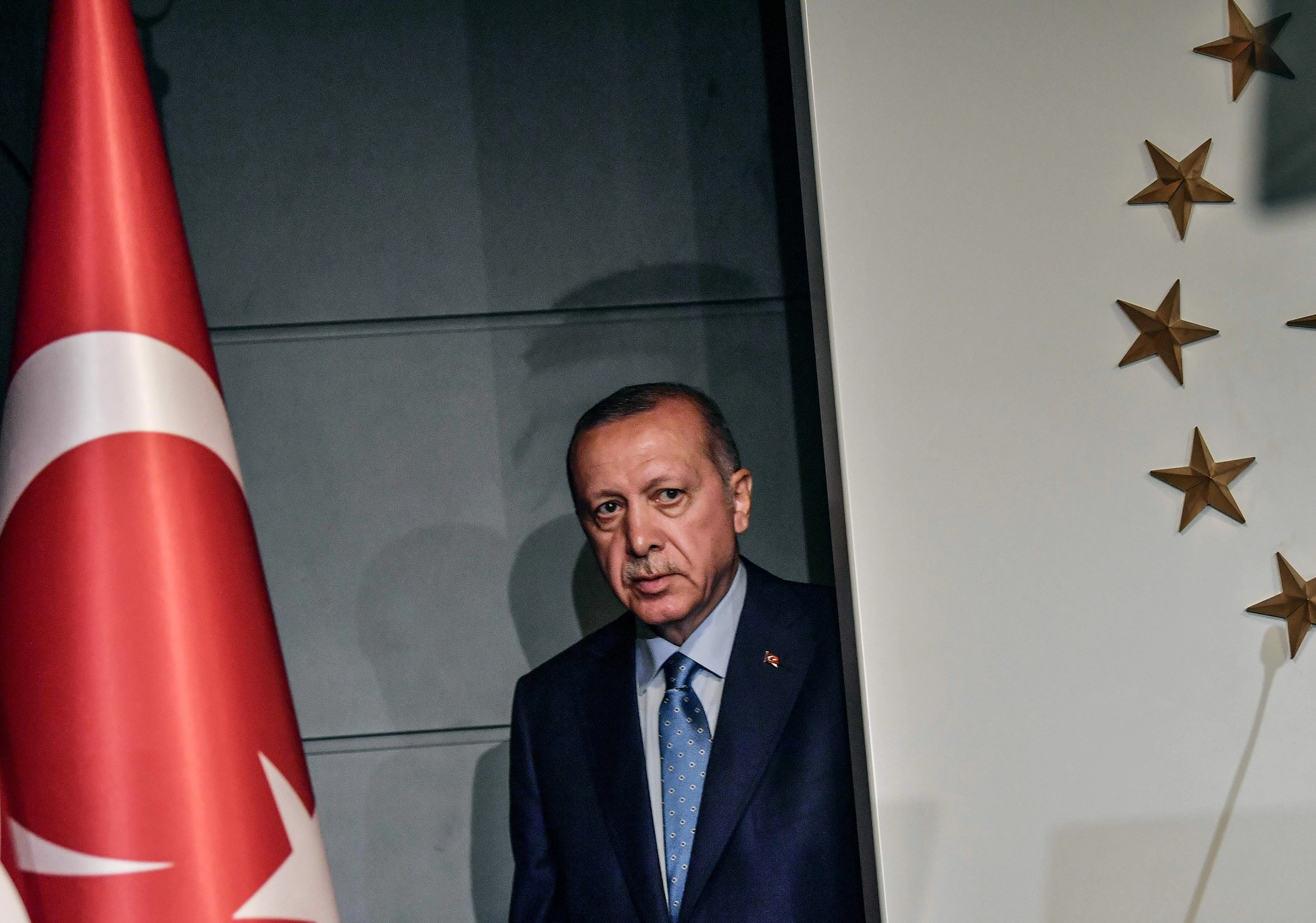ERDOGAN PAYS FIRST OFFICIAL VISIT TO IRAQ
By Gareth Jenkins
Friday, July 11, 2008
Speaking at a joint press conference with Erdogan in Baghdad, Iraqi Prime Minister Nouri al-Maliki described it as an “historic visit” and announced that: “The time is right for Turkey and Iraq to have developed relations” (Anatolian News Agency, July 10).
The composition of the delegation accompanying Erdogan was an indication of how Turkey hopes to underpin closer ties with Iraq by strengthening economic ties, through both bilateral trade and cooperation in energy. In addition to Foreign Minister Ali Babacan and Deputy Prime Minister Cemil Cicek, Erdogan was joined by Foreign Trade Minister Kursat Tuzmen and Energy Minister Hilmi Guler.
Erdogan and al-Maliki signed an agreement to create the institutional framework for closer ties between the two countries through the establishment of a Supreme Council for Strategic Cooperation. The council will be chaired by the two countries’ prime ministers and its work coordinated by their foreign ministers. A joint statement released by Turkey and Iraq explained that: “The ministers of energy, trade, investment, security and water resources will become members of the council; and the heads of the two governments can decide to expand the council so that ministers and officials in certain areas can join the council to develop bilateral cooperation to cover those areas” (Anatolian News Agency, July 10).
There is little doubt that Turkey’s most pressing issue, for which it wants closer strategic cooperation with Iraq, is an effective policy to eradicate the Kurdistan Workers’ Party (PKK) from northern Iraq.
In his statement at the joint press conference, Erdogan declared: “The PKK is the enemy not just of Turkey but of Iraq. Eradicating the PKK is one of the most important, and most serious, issues facing the two countries. Removing this organization from the agenda is to the advantage and benefit of both countries” (CNNTurk, July 10).
Erdogan expressed his gratitude for the support and understanding Turkey had received for its struggle against the PKK, not only from the central government in Baghdad but also from what he described as the “local Kurdish administration,” namely, the Kurdistan Regional Government (KRG), which administers the predominantly Kurdish north of Iraq.
Even if Erdogan refrained from describing the KRG by the name used by most of the rest of the world, the fact that he publicly thanked the Iraqi Kurds at all is a further indication of a shift in Turkish policy away from confrontation and threats to conciliation and engagement toward the KRG.
Privately, Turkish military and civilian officials remain adamant that the Iraqi Kurds have yet to take sufficient measures to clamp down on the activities of the PKK in the lowlands of northern Iraq and isolate them in their camps and bases in the mountains. There is now, however, a general consensus in both the military and the civilian government in Turkey that engagement with the Iraqi Kurds is likely to produce better results than threatening economic sanctions and flexing its military muscles. But there is also an awareness that if Turkey engages directly with the KRG and sends delegations to the KRG capital of Arbil in northern Iraq, the Iraqi Kurds might interpret this as de facto recognition of their political authority in the north of the country and push ahead with their dreams of eventually establishing a full-fledged independent state; something that Turkey fears could further fuel separatist aspirations among its own restive Kurdish minority. As a result, Turkey appears likely to pursue a policy that combines conciliatory rhetoric with an increase in low-level contacts with Iraqi Kurdish officials, preferably outside the territory controlled by the KRG, for example, at meetings in Baghdad.
It is not only Turkey that is faced with a dilemma. The KRG is aware that even if they do not actively support the PKK, many Iraqi Kurds still feel a degree of empathy toward the organization. The KRG’s already precarious domestic popularity could suffer if it cracked down on the PKK at the behest of what many Iraqi Kurds regard as an aggressive foreign power. That might be seen as the KRG repressing fellow Kurds within its own borders, with nothing, such as political recognition, to show in return.
There are also concerns about the longevity of Turkey’s ruling Justice and Development Party (AKP), which is widely expected to be outlawed by the Turkish Constitutional Court in late summer or early fall; a decision that would probably trigger an early general election. The danger for the KRG is that if it cracks down on the PKK now, any policy of conciliation and engagement applied by the AKP could fall victim to nationalist rhetoric during an election campaign in Turkey and that the election could even result in the formation of a government that pursues a more hostile policy toward the KRG.
“We are ready to dance with Turkey, but we don’t know how many people we will end up dancing with,” said a KRG official (Posta, July 10).


Leave a Reply